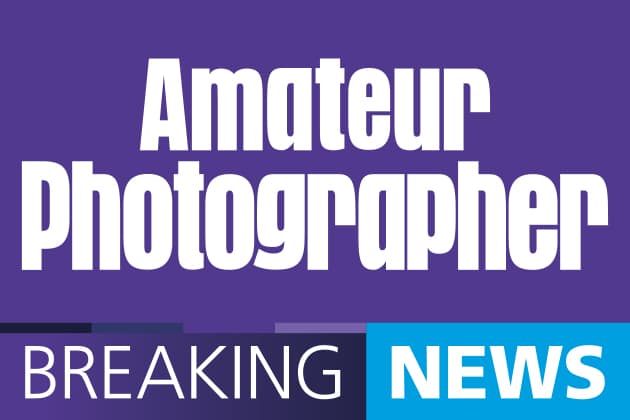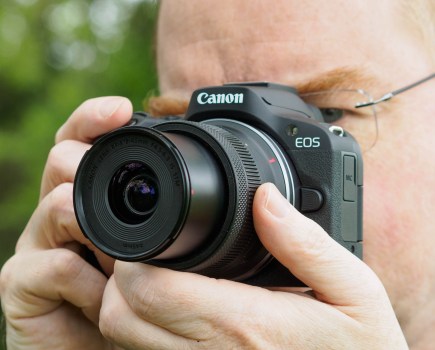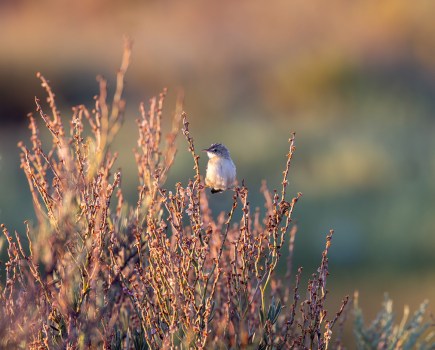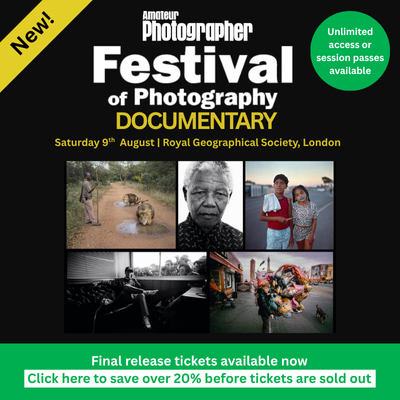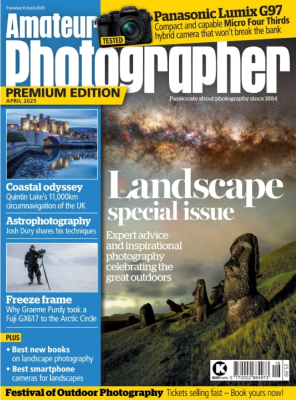 Earlier this month it was revealed that one in five images that reached the penultimate round of World Press Photo were rejected on grounds that manipulation compromised their integrity.
Earlier this month it was revealed that one in five images that reached the penultimate round of World Press Photo were rejected on grounds that manipulation compromised their integrity.
Amateur Photographer established that 20 images ended up being axed from the competition.
Jeff Moore, chairman of the British Press Photographers’ Association today said that World Press Photo should be a celebration of news, sports and editorial photography, ‘and not clever post-production’.
Moore told Amateur Photographer: ‘The introduction of the requirement to produce unprocessed files on request is a useful step forward in making sure that all winning pictures have been selected on their photographic merits and not for the artistry of those whose skills are used to accentuate or alter the meaning of the images.’
‘It is a shame for those few photographers who may well have won but for their inability to provide unprocessed files.’
Moore added: ‘As fellow photographers who have a shrewd idea what has been done to photographs in post-production, we would welcome an opportunity to see the disqualified images.
‘In our opinion, it would provide some clear guidelines for future competitions if we could see examples of pictures ruled out for any and all reasons.’
The call comes just days after the US-based National Press Photographers Association (NPPA) described the scale of the disqualification as ‘staggering’.
World Press Photo managing director Lars Boering told the NPPA that competition organisers cannot publish the doctored photos because of confidentially agreements with the photographers.
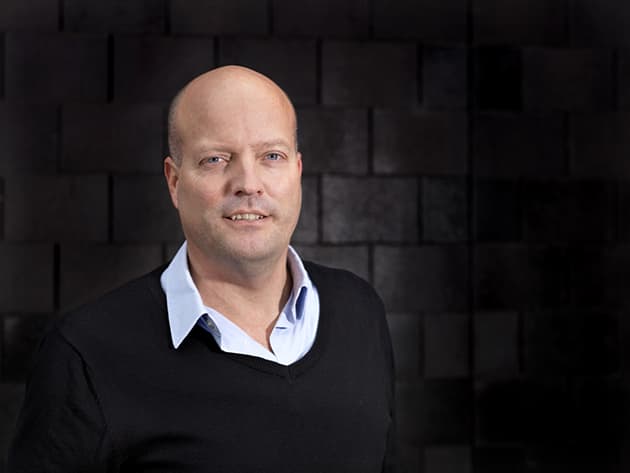
World Press Photo managing director Lars Boering
The NPPA has demanded to see the barred entries, saying it will help the photojournalism industry develop ethical standards, reported PetaPixel on 23 February.
NPPA president Mark Dolan said: ‘I applaud what World Press Photo has done in terms of requiring finalists to supply raw images that were then examined by digital experts…
‘One would think that requirement alone would provide a sufficient deterrent, but it seems that is not the case.’
On 21 February, the NPPA’s Ethics Committee said in a statement: ‘The time has come for those photographers whose work was disqualified by World Press to come forward and present their work in the interest of educating members of the profession and opening further dialogue [regarding] the development of ethical standards for the practice of photojournalism.’
The body said it ‘strongly encourages those involved to release their images and either stand by their work or admit their transgression and offer explanation and engage in dialogue about what the standards are and/or should be’.
The NPPA and World Press Photo plan to launch a symposium, enabling the issue of ethics to be discussed in a public forum.
A World Press Photo spokesperson yesterday told Amateur Photographer that Boering plans to issue an official statement about the symposium in due course.

